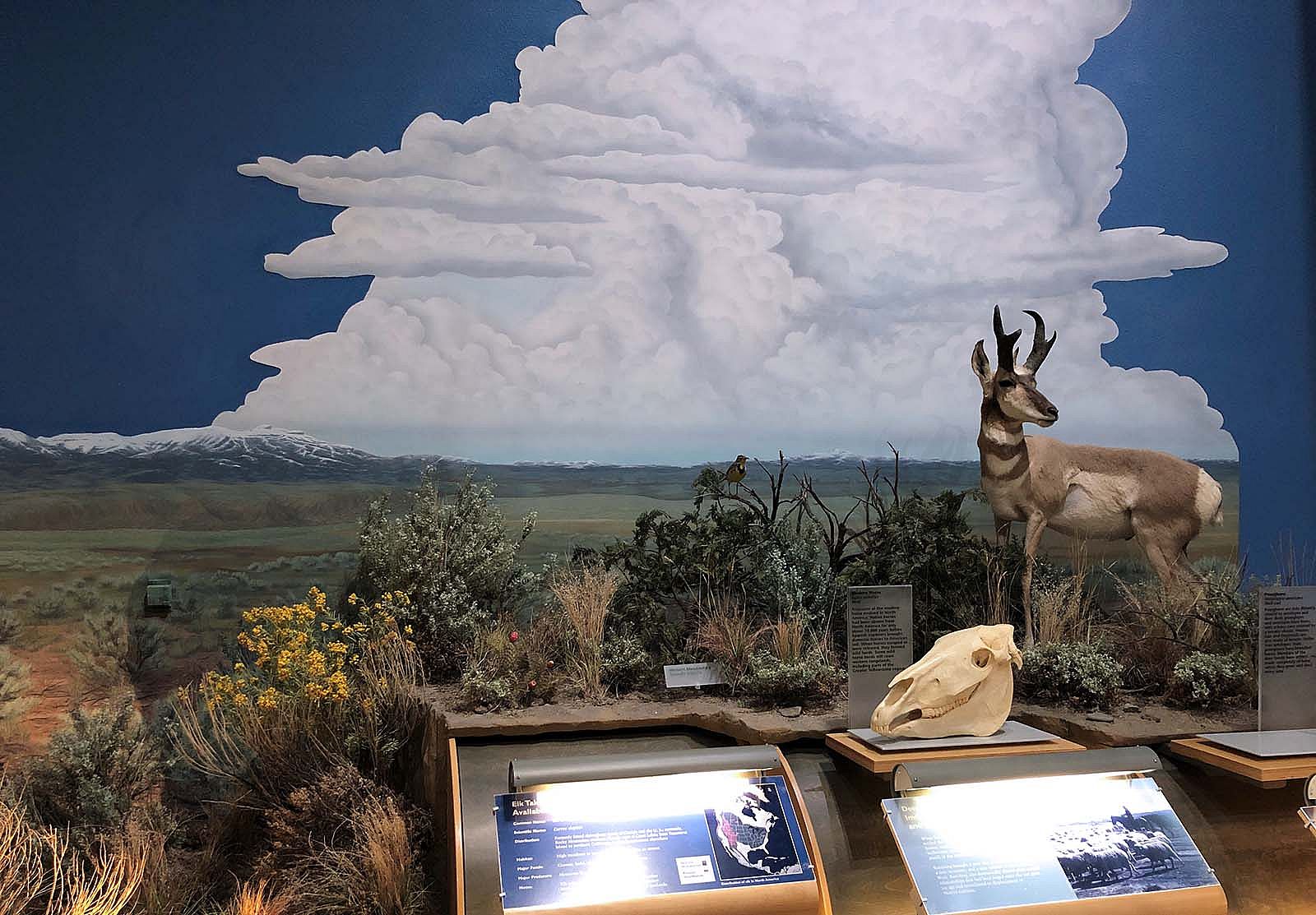
- This event has passed.
The Wires that Shape the World: Fence Ecology and Conservation – Virtual Talk
February 4, 2021 @ 12:00 pm - 1:00 pm MST

The Wires that Shape the World: Fence Ecology and Conservation
By Wenjing Xu
February 4, 2021
Noon
We invite you to join us for this lecture via Zoom Webinar!
When: February 4, 2021, Noon Mountain Time (US and Canada)
Topic: The Wires that Shape the World: Fence Ecology and Conservation
Speaker: Wenjing Xu, PhD Candidate, Wildlife Ecology & Rangeland Ecology, University of California, Berkeley
Register in advance for this webinar: https://us02web.zoom.us/webinar/register/WN_JdbNnnIXSgC8yjkbPDP85w
After registering, you will receive a confirmation email containing information about joining the webinar.
Join us online February 4 for our first Draper Natural History Museum Lunchtime Expedition of 2021. Wenjing Xu presents The Wires that Shape the World: Fence Ecology and Conservation.
Fencing is one of the most widespread manmade features on Earth, yet they are often omitted from discussions of humanity’s impacts on the environment. From country borders and property boundaries to livestock management and conservation, fencing has played a critical role throughout history, yet has also raised controversies around their unintended impacts. Following her journey from the Tibetan plateau to the Greater Yellowstone Ecosystem, Xu shares the hidden ecological impacts of the wires that have shaped the world.

Using pronghorn and mule deer in southwest Wyoming as an example, she discusses how she and her colleagues used animal tracking data to understand the extent to which fencing affects wildlife movement, the result of which can assist fencing management at the landscape scale. Xu’s talk demonstrate that the emerging field of fence ecology will be well positioned to provide the science to manage and mitigate one of humankind’s most pervasive alterations of our planet.
About our speaker
Wenjing Xu is a PhD candidate in wildlife ecology and rangeland ecology at the Department of Environmental Science, Policy, and Management of the University of California, Berkeley. Her research draws on movement and landscape ecology and applies geospatial tools to understand impacts of our increasingly fragmented world. She is motivated to better understand socio-ecological dynamics in landscapes shared by humans and wildlife, and to seek a balance between wildlife conservation and human well-being. Wenjing was born in Hangzhou, China, and obtained a BS degree in natural resources at the China University of Geosciences, and an MS degree in geography at the University of Georgia. Aside from research, she is interested in multimedia science communication, filmmaking, and gardening.
Support for Lunchtime Expeditions is provided by Sage Creek Ranch and the Nancy-Carroll Draper Charitable Foundation.
Upcoming talks
March 4: Natural defense systems in the fight against invasive species: Native insect herbivory limits complex invasion dynamics of an exotic thistle
April 1: Migrating Bison Engineer a Better Yellowstone
May 6: Exploring Yellowstone Lake’s Mysterious Vents
August 5: Public Waters: Lessons from Wyoming for the American West